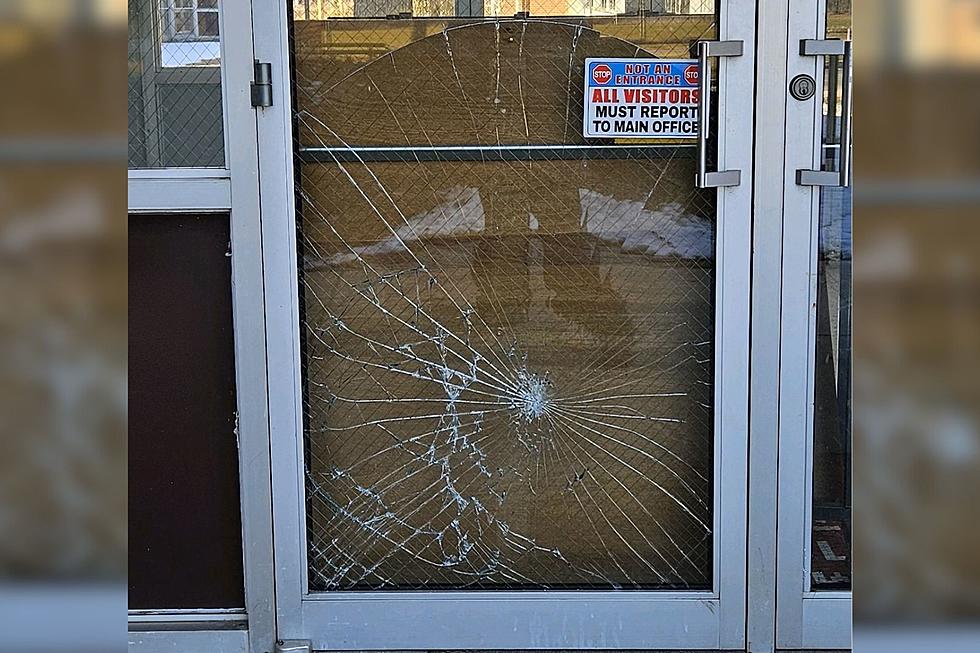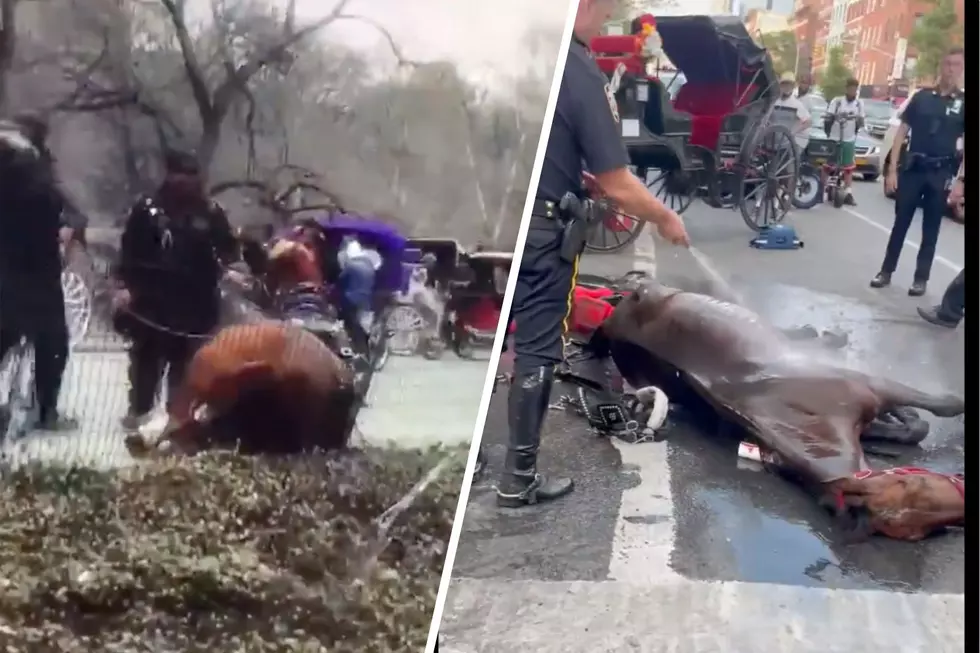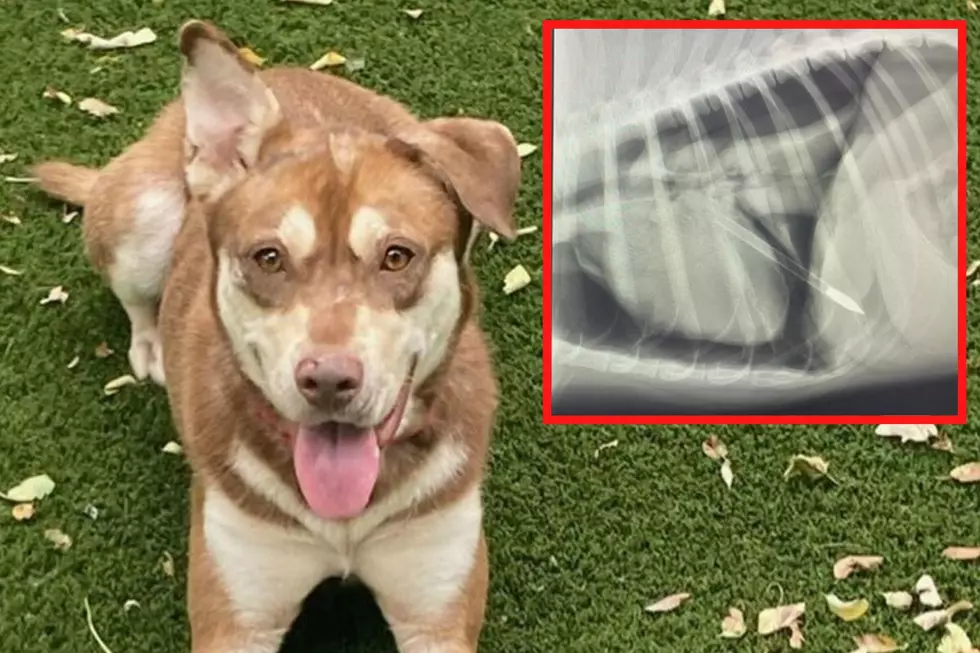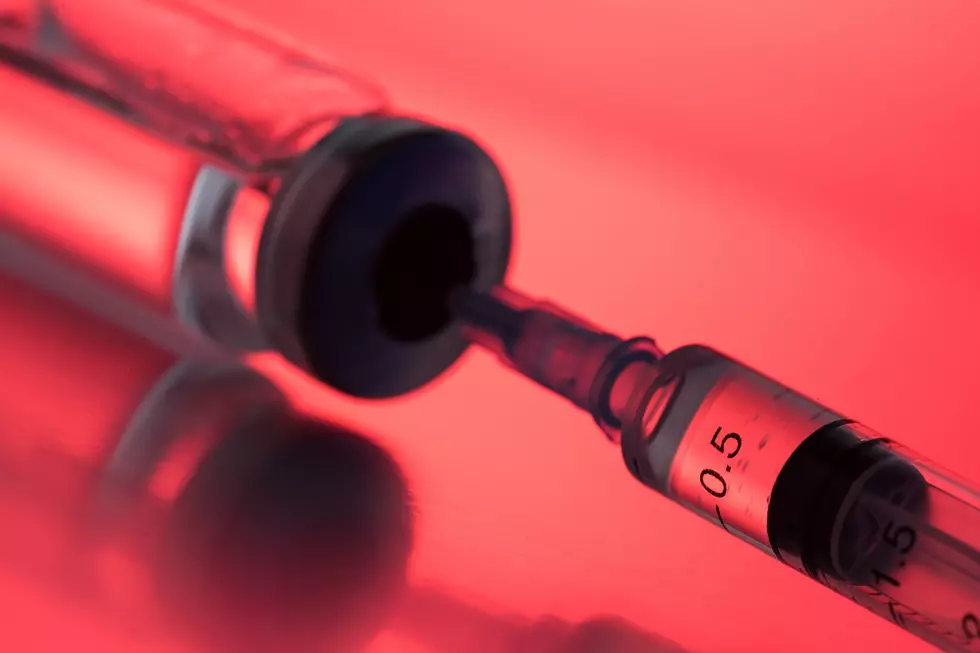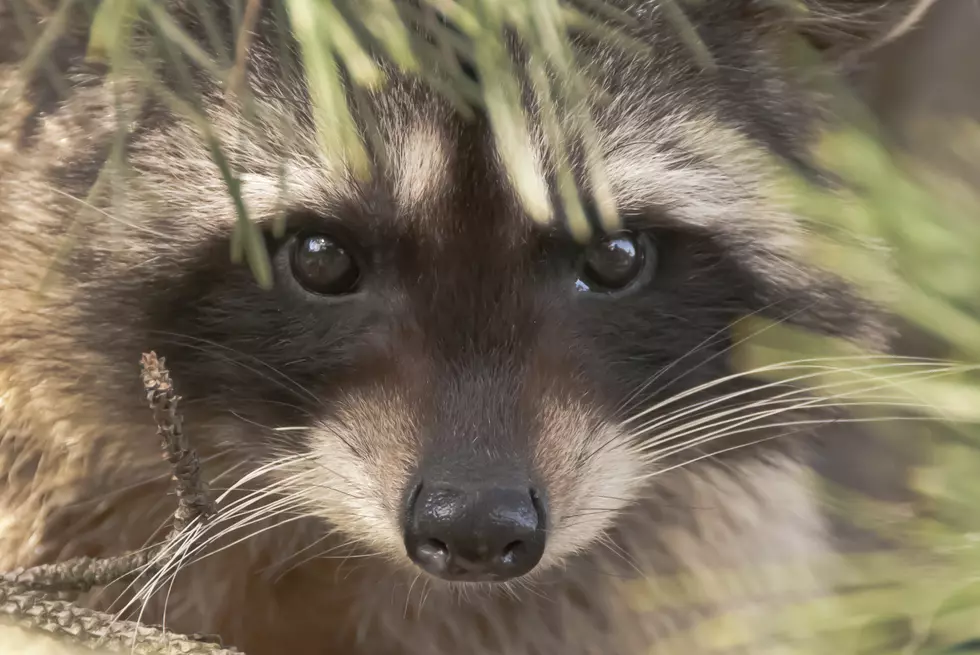
Rabies cases on the rise in New Jersey
Over the past few years, animal rabies cases in New Jersey had been going down. But the most recent data available indicates a bit of an upsurge in 2019.
For the first six months of this year, the state recorded 113 cases. There were 199 cases all of last year, 208 cases in 2017 and 262 cases in 2016.
Colin Campbell, the state public health veterinarian, said no one really knows why we have this type of variation, but the findings are not concerning.
The highest number of cases have been reported this year in Gloucester, Hunterdon, Monmouth and Morris counties. Campbell said the number of rabies cases will go up in one part of New Jersey, and then as the infected animals die off, there will be lower rabies activity for a few years.
“Raccoons are by far the most common carriers of the virus and the animals that pose the highest risk if people are bitten or come into close contact with them," he said.
He also pointed out a separate type of rabies is spread among bats.
“And because they’re small, quiet animals and they may be roosting in homes and people may not be aware of them, we consider them a little bit higher risk," he said.
So how do you know if a raccoon, skunk, fox or groundhog is rabid? Campbell said making a determination can be a bit tricky.
“Sometimes they act very aggressively, but also sometimes they can act the exact opposite. We’ve had crazy things where animals just sort of wander into people’s homes and don’t really act very threatening," he said.
“They’ll become impaired through their neurological system so they’ll circle, they’ll vocalize, they may act drunk.”
Campbell stressed the best thing to do is stay away from an animal exhibiting this kind of behavior — and call the police.
He noted the last confirmed human rabies death in New Jersey was 22 years ago when a man cleared several bats out of his White Township apartment bare-handed. He did not report being bitten, but died a few months later after developing severe health issues and it was too late to treat him.
Campbell said if you know or suspect you may have been bitten by an animal that has or may have rabies you will need a series of four shots over a two-week period, plus an additional injection of rabies immune globulin.
He said there isn’t a specific “too late” time but ideally treatment should begin within four to five days after exposure.
You can contact reporter David Matthau at David.Matthau@townsquaremedia.com
More From New Jersey 101.5 FM
